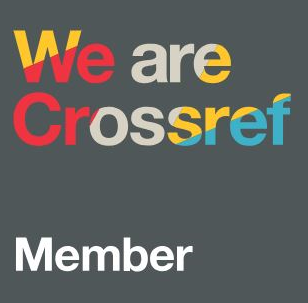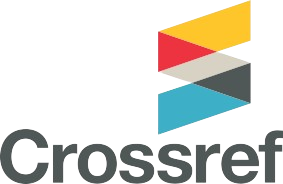THE ROLE OF ACADEMIC AND TRAINING INSTITUTIONS IN COOPERATIVES DEVELOPMENT
DOI:
https://doi.org/10.62103/unilak.eajst.5.5.92Keywords:
Academic and training institutions, Cooperatives Development, RwandaAbstract
The role of Learning Organizations (academic and training institutions) in cooperative development is to teach
/train, coach and mentor people on how the co-operative model functions within different contexts and how it
can contribute to meeting economic and social needs. Most importantly, Universities/training institutions focus
on how the co-operative model can help to empower people and communities in controlling the forces that shape
their lives. Universities and training institutions provide: Education, training, learning and training materials
through curriculum development, consultancy and publications related to co-operatives, social enterprise and
other organizations in the social economy and through action research for the cooperatives. Through fostering
research, training and education about cooperatives, there has been growing awareness of the importance of
cooperatives as a necessary model especially for an agrarian economy particularly in developing countries. In
Rwanda, both public and private Universities/institutions are contributing in the development of cooperatives
either directly or indirectly through their mission of teaching, research and community development. Some of
these institutions have established programs focusing on cooperatives development for example, the Independent
Institute of Lay Adventists of Kigali (INILAK) have an Undergraduate program in Cooperatives Management
and Accounting and plans are underway to start a Postgraduate course on Cooperatives Management. It is
anticipated that collaboration between public and private institutions/universities with other stakeholders will
enhance the cooperative sector towards achieving the desired socio-economic development goal in Rwanda.








